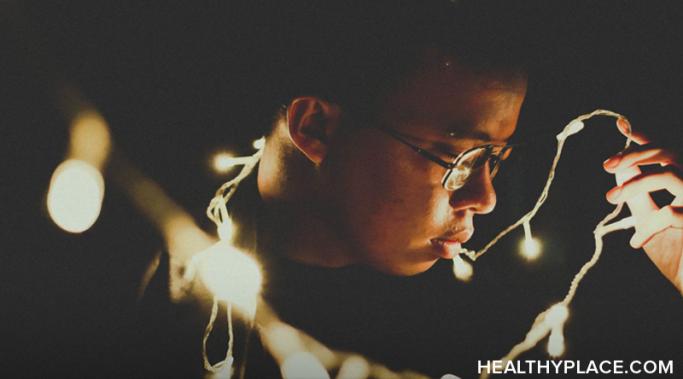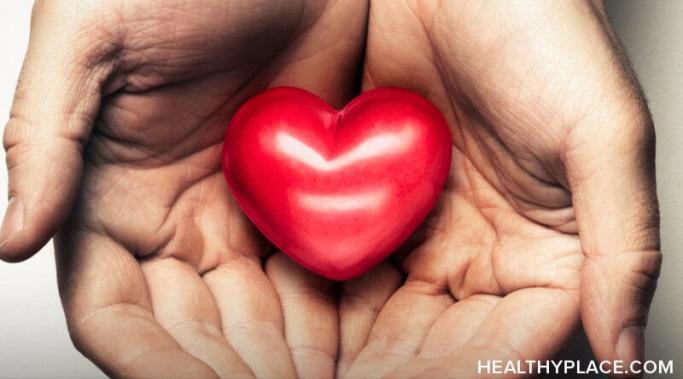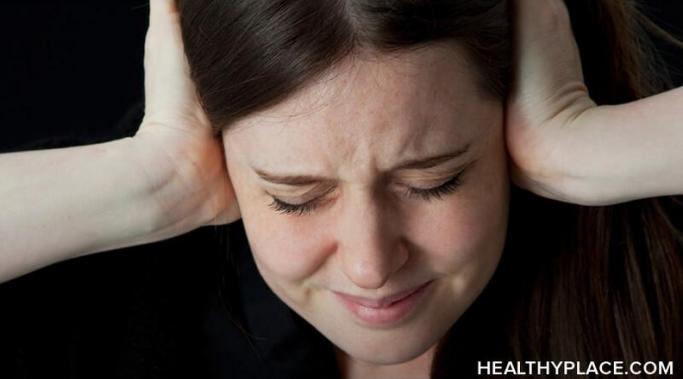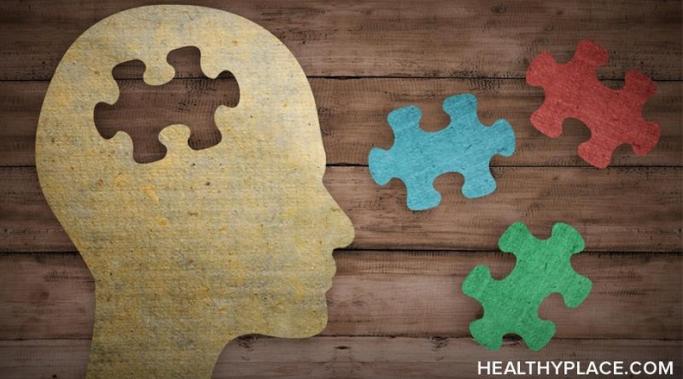Opening up about self-injury can be incredibly cathartic and healing. But it's important, too, to set and maintain healthy boundaries during self-harm recovery and beyond.
Self-Injury and Relationships
Weddings can be stressful under the best of circumstances. How do you cope when you don't know what to do about self-harm scars on your wedding day?
Maintaining a self-harm sober streak can be difficult in the best of times, but for many people, the holidays can be especially trying. Here are some things to keep in mind while walking the path of self-injury recovery this holiday season.
Putting together a personalized self-harm care package can be a beautiful and meaningful way to help support a loved one's self-injury recovery. Here's how to create one your friend or family member will truly appreciate.
When you experience a panic attack, the physical sensations are so intense they often cloud your judgment. For example, you may hyperventilate while the room seems to spin and your heart is about to race out of your chest. Some people may also feel like they're cornered in a flight-or-fight situation and may even self-harm during a panic attack. Why does that happen? I'm not sure I have the answers, but I can offer my personal insight.
As a self-harmer, you can easily become convinced that choosing to hurt yourself, rather than others, is the right thing to do. But if there's one thing I learned from my own self-harm experiences, it's that hurting yourself to help others rarely works out the way you hope it will.
Self-harm causes are hard to define. After all, each person is unique, and so is their emotional pain. However, the way we cope with difficult situations as adults often corresponds to our childhood experiences. Learning about the so-called early maladaptive schemas could help us address some of the unresolved issues that drive us toward self-injury.
Broaching a sensitive topic like self-injury can be daunting. On the one hand, talking about self-harm is often an important part of the healing process, but on the other hand, it can feel a bit like trekking across a field filled with landmines. If you're worried about how to talk about self-harm, here's what not to say—and a few suggestions for what to try instead.
One of the hardest things about caring for someone is that when that person hurts, you hurt. It's only natural to want to make the pain go away. But when you love a self-harming partner, things are rarely that simple.
So much is being said these days about self-love as the opposite of self-harm. We often read about practicing kindness towards our bodies, spoiling ourselves with nice things, or repeating positive affirmations. Even I said so in one of my articles. But the thing about loving ourselves is that it’s not an overnight process. It requires a lot of work, and sometimes it’s hard to love yourself if you don’t even like yourself. So is self-love the realistic opposite of self-harm?









